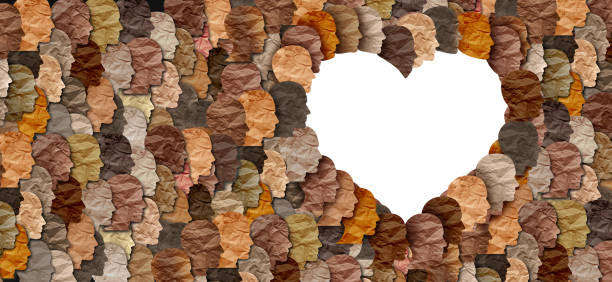

Most of us know that university textbooks don’t do a great job keeping up with real life. Language textbooks, too, don’t always quite represent the realities of the societies, languages, and people they teach about.
In the UBC German program, a committee of teaching faculty (Sara Pashan, Daniela Hempen, Uma Kumar, Florian Faller, and Angelika Struch) have collaborated to improve our beginning German class materials to reflect the diversity of Germanophone societies today.
They have worked together to make sure our courses highlight Black German, Turkish-German, Muslim and Jewish German, gender-non-binary, Disabled, and LGBTQ experiences in places where German is spoken.
We’ve developed new materials and learning outcomes that foreground migration and interculturality, anti-racism, gender expression, linguistic diversity, and body-positivity. In our classes and syllabi, we include Indigenous land acknowledgements in German, to highlight the fact that Germans, German-Americans, and German-Canadians bear responsibility for the redress of Indigenous displacement and settler colonialism.
Teachers recognize that our students in the German program live diverse, exciting, globally complex lives, and that they are often multilingual and intercultural already when they arrive to our classes. We consider this a profound strength of our program, of our students, and of our community.
We also hope to encourage beginning language students to take up research projects relating to some of these aspects of cultural and linguistic diversity in the German-speaking world. Come join us in GERM 100 and GERM 110 next term!
Featured image: Unsplash


